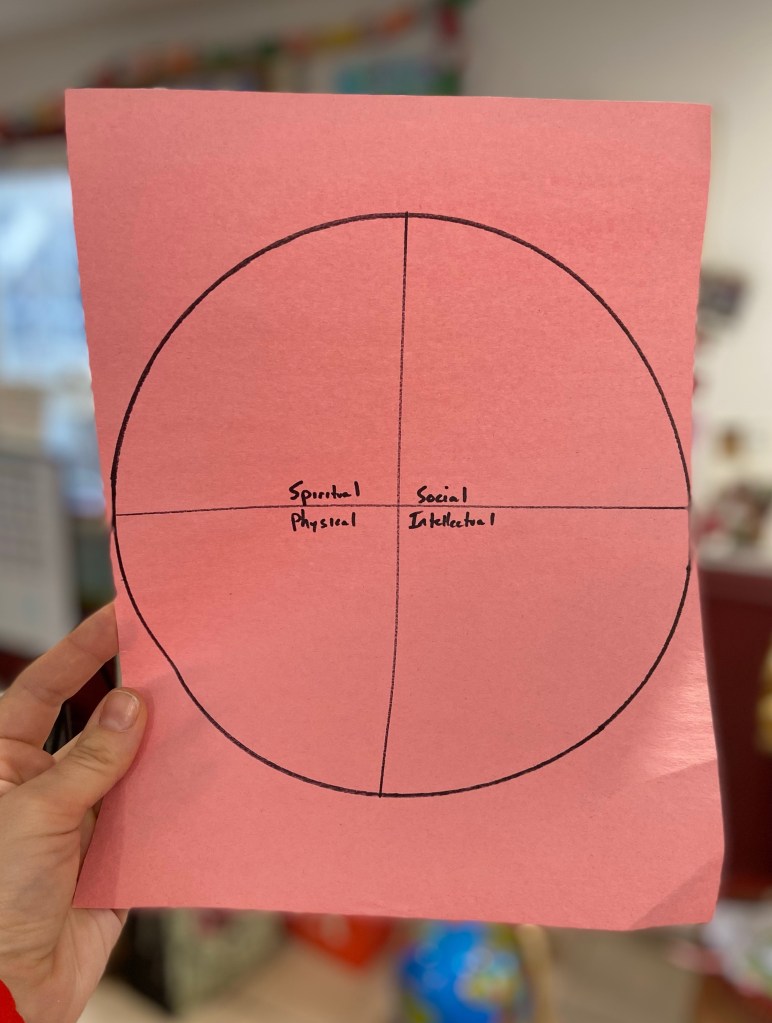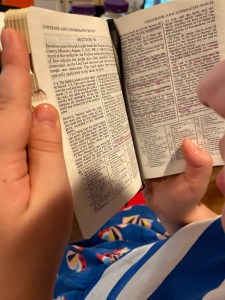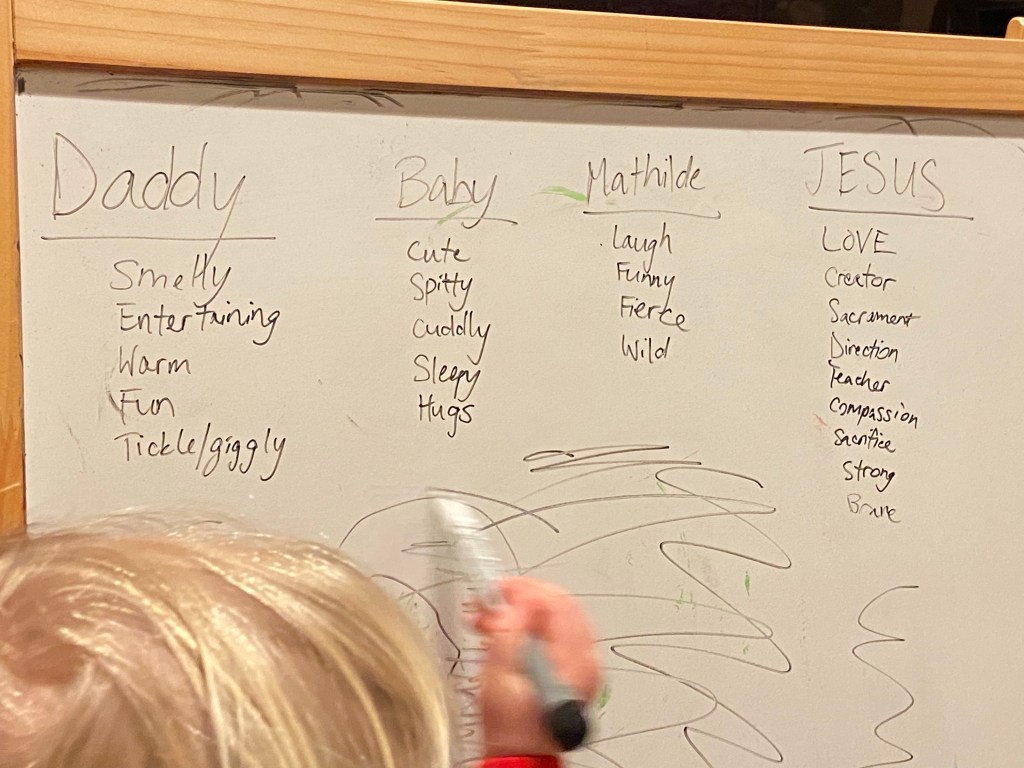While driving today I noticed a police car pull in behind me from a side street or parking lot. I’m not exactly sure though because I was loading directions on my phone. Immediately my mind jumped into overdrive: did the cop see me looking down? Am I going to get pulled over? What would s/he say? How would I respond? Would s/he recognize that I wasn’t the sort of person who typically engaged in behaviors that would merit being pulled over?
I found myself examining possible reasons for being pulled over and realized that my life history, driving habits, ideals, and personality were of no consequence in the moment of a driving offense and its consequences: I would be examined purely on one moment of bad judgment, hesitation, or curiosity (e.g. checking a ping from a messaging app).
How do perfect strangers see and understand me from a solitary interaction? This question is one I have asked myself repeatedly in fear and trepidation, whether as a driver who could be pulled over at any moment or as the new girl in a social setting or as a young missionary living and interacting with strangers 24/7.
This morning during my musings a scripture scrolled across my mind suggesting that if I want strangers to see a law-abiding person, then I need to be a law-abiding person all the time. If I want my personal history of covenant making and faith-centered action to shine through, then that one interaction needs to reflect my adherence to God’s laws and Christ’s example.
Alma the Younger counseled his son, “yea, let all thy doings be unto the Lord, and whithersoever thou goest let it be in the Lord; yea, let all thy thoughts be directed unto the Lord” (Alma 37:36, BoM). Alma the Younger would know something about how momentary interactions lead to longterm character judgments. Alma had spent many years attacking the Church, living a hedonistic lifestyle, convincing others that keeping God’s commandments and living a covenant life of good works were non-essential, even laughable. Following his conversion to Christ, as Alma worked hard to fulfill his calling as a witness of Christ and High Priest of the Church, Alma’s former behavior seems sto have worked against his preaching. In Alma 8:11 the people of Ammonihah are recorded as identifying Alma, saying “we know that thou art Alma; and we know that thou art high priest over the church which thou hast established in many parts of the land, according to your tradition….” Is it possible that some or many members of this community were previous associates or acolytes of Alma the apostate? Had they “hardened their hearts” and fallen into sin as a result of Alma’s previous example?
When I read Alma the Younger’s counsel to let all your doings, thoughts, comings and goings be done unto the Lord, I hear the experiential knowledge, the plea to make every action accurately reflect my faith in Jesus Christ and commitment to follow His example. During the dedicatory prayer of the Kirtland Temple, Joseph Smith invoked this same plea:
Organize yourselves; prepare every needful thing, and establish a house, even a house of prayer, a house of fasting, a house of faith, a house of learning, a house of glory, a house of order, a house of God;
That your incomings may be in the name of the Lord, that your outgoings may be in the name of the Lord, that all your salutations may be in the name of the Lord…
Doctrine & Covenants 109:8-9
This week I am going to be more thoughtful about my words, doings, incomings and outgoings, that even a momentary interaction with strangers will provide an accurate insight into my character, that it will reflect my values and faith in Jesus Christ.








